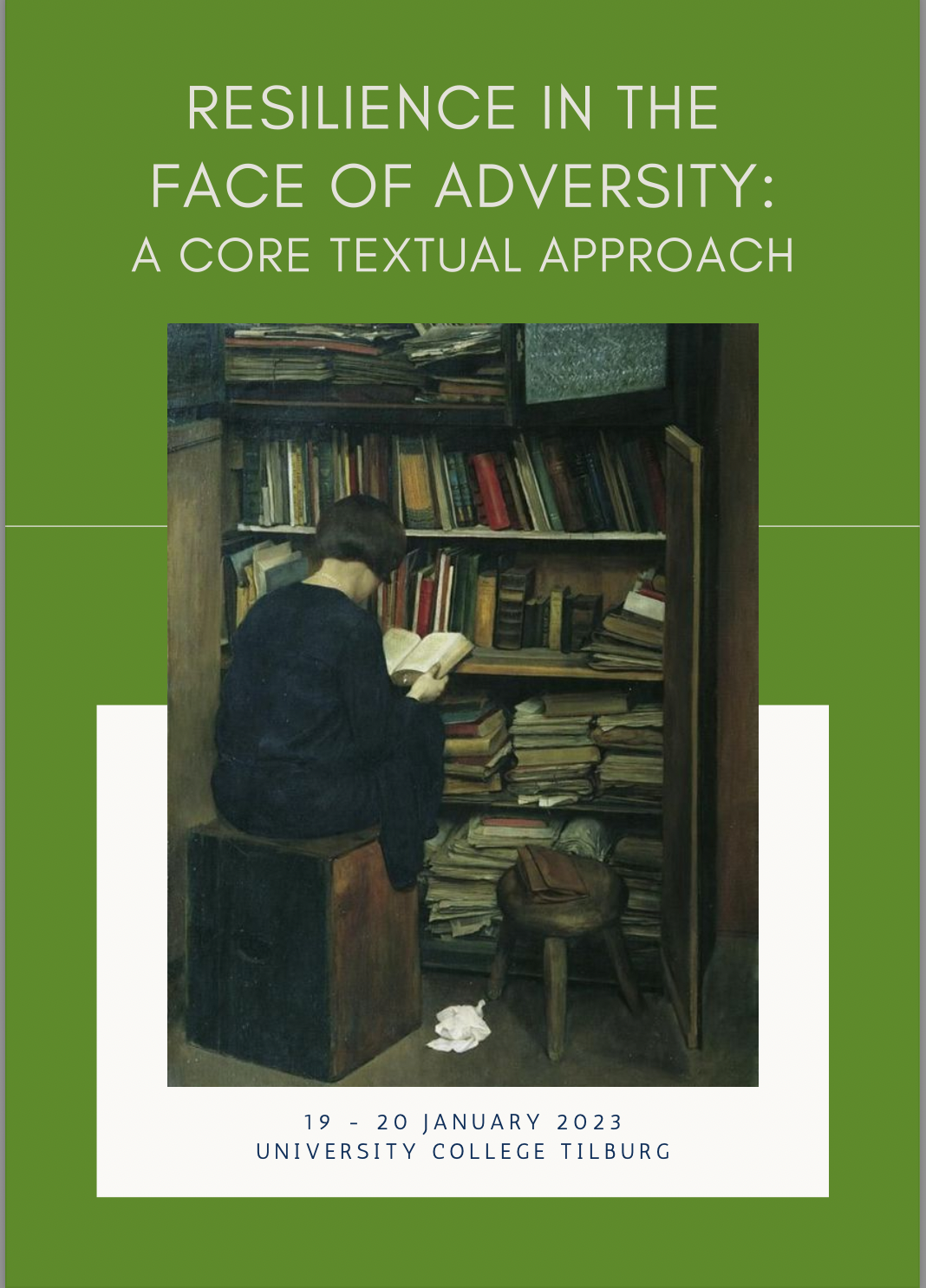UCANN’s first annual event took place on October 30th 2020 in Zoom, hosted by University College Maastricht with special thanks to Prof. dr. Roberta Haar, Prof. dr. Jos Welie (Dean), and Anne van Dijk for making this possible.
The theme of the meeting was career trajectories at the university colleges. The main speakers were Kim Huijpen, representative of the VSNU (Association of Universities in the Netherlands) and James Kennedy, Dean of University College Utrecht. Kim addressed the general shift in policy driven by the need to recognize the different talents of people within the universities, such as leadership and teaching alongside research. This should lead to a diversification of career paths. The policy change also emphasizes team work and involving the public. Kim elaborated on the development of a teacher career framework. James Kennedy, in response, highlighted the need for more attention to what is happening at the UC’s, and to the diversification of scholarship at the UC’s.
A discussion evolved about how teaching, and UC teachers can be assessed with regards to their scholarship. One way to do this is to include a member of another college in a promotion assessment. Some mentioned the value of narrative CV’s or a portfolio for evaluation. Several members stressed that knowledge sharing is important, as the different UC’s offer different career paths. ‘Impact’ was also discussed, and several members noted the value of academic service to the university, profession, and the community. UCANN is seen as a platform for bringing UC teacher-scholars together and offering an infrastructure for creating research projects together. This may include students. There was also a discussion about student exchange.
After the plenary session, the participants went into breakout rooms about career development at UC’s, teaching in the age of Corona, diversity & inclusion. The participants came back inspired and shared the outcomes of their discussions. The first annual UCANN meeting was a success, bringing together thirty-five participants from the different university colleges.
After the annual meeting, the UCANN-members discussed the developments and finances of the association. Much has happened in the run-up to the first annual meeting. UCANN now has a professional website and is officially an association with a bank account and a logo. This was achieved in part due to a generous gift of the UC Deans Network (https://www.universitycolleges.info). UCANN currently has over forty members.
In the coming years UCANN seeks to develop initiatives along the following lines:
1. Conduct a membership drive to include all UC academics on our platform;
2. Expand our knowledge platform by sharing best practices (e.g. on online teaching);
3. Organize activities to connect individual UC academics to share resources (e.g. course syllabi), serve as guest lecturers in one another’s courses, or develop initiatives together;
4. Support a faculty exchange program between the different UCs;
5. Stimulate scholarship in the liberal arts and sciences by publishing opportunities for funding and organizing collaboration on our platform (e.g. via our interactive blogs);
6. Develop shared initiatives for the purpose of faculty development (e.g. create online resources for those working on UTQ or SUTQ portfolios in the liberal arts and sciences);
7. Connect with international associations (e.g. GLCA- Great Lakes Colleges Association, USA).


